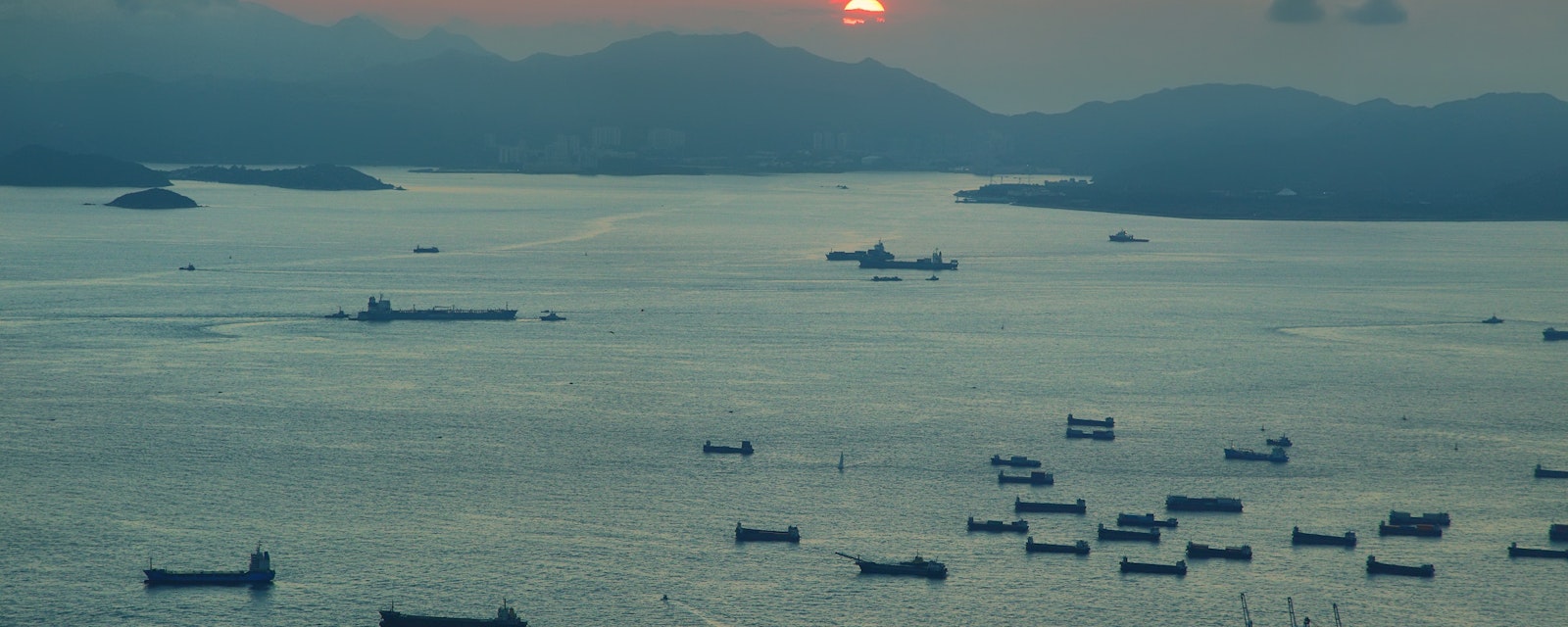Welcome to this edition of the Weekly Political Compass from Teneo’s political risk advisory team.
This week, we are taking a closer look at Japan’s new minority government. Meanwhile, China has enacted a limited economic package, and the Philippines has passed laws re-asserting sovereignty in disputed parts of the South China Sea. Elsewhere, COP29 will take place in Azerbaijan, parties in Germany are considering possible election dates, and Mexico‘s government will push legislation to weaken regulators and state oversight bodies.
Global Snapshot
With Japan experimenting with a minority administration, we ask our Japan analyst James Brady to look ahead.
How was Shigeru Ishiba able to continue as PM despite the LDP losing its parliamentary majority?
Some smaller opposition parties spoiled their ballots in the second-round vote for PM, allowing the Liberal Democratic Party’s Ishiba to win by a plurality over main opposition leader Yoshihiko Noda of the Constitutional Democratic Party. However, the LDP-Komeito coalition lacks a parliamentary majority and is set to rely on informal cooperation from the small Democratic Party of the People (DPP) to pass legislation going forward.
What are the near-term policy implications?
As the price of cooperation, the DPP is asking the government to raise the income tax threshold to help low-income workers and to implement tax cuts and subsidies to reduce gasoline prices and household energy bills. Both sets of demands are potentially complicated and costly but may be incorporated into either the FY2024 supplementary budget or FY2025 ordinary budget, due to be finalized by end-November and mid-December respectively.
What to Watch
ASIA PACIFIC
China
China’s parliament approved debt relief for local governments but did not enact new fiscal stimulus. The objective seems to be to underpin near-term economic growth and combat financial risks but not aggressively combat deflation. A larger fiscal stimulus package could arrive in 2025, once leaders have assessed the likely impact of U.S. president-elect Donald Trump’s tariff agenda.
South China Sea
The Philippines enacted two laws on Friday that assert sovereignty over disputed areas of the South China Sea. Chinese authorities responded on Sunday by publishing geographic coordinates that precisely define its territorial claim around contested Scarborough Shoal, potentially laying groundwork for the China Coast Guard to detain ships in the area. China also summoned the Philippine ambassador on Friday to protest the new laws.
EUROPE
Azerbaijan
Hosting the United Nations’ 29th Conference of the Parties (COP29) on 11-22 November is perhaps the most important political event for Azerbaijan’s political leadership in 2024. With climate financing a key issue topping this year’s agenda, the re-election of Donald Trump in the U.S. along with the recent collapse of Germany's governing coalition has raised questions about what can be agreed amidst such a challenging and uncertain global political climate. With many leaders absent and the credibility of U.S. negotiators in question, there is widespread anticipation that the EU and/or China could step in to try to fill some of that role. This will be an important factor for understanding how the climate summit and its various agreements progress in the years ahead.
Germany
Discussions continue about the date for the upcoming snap elections. Chancellor Olaf Scholz now seems more willing to hold a confidence vote before Christmas. As part of a deal with the opposition, both sides will likely agree on several policy files to be brought through the Bundestag before dissolution. Meanwhile, the constitutional requirement of 60 days for campaigning points to an election around the end of February, two to three weeks earlier than the date initially envisaged by Scholz.
LATIN AMERICA
Brazil
The political establishment is still digesting Donald Trump’s victory in the U.S. presidential election. Former president Jair Bolsonaro, who was declared ineligible for office until 2030 for promoting baseless claims about Brazil’s electronic voting system, gave interviews last week saying that he “is to Trump as Paraguay is to Brazil,” and talking up the fact that he was the last head of state to recognize Joe Biden’s victory in 2020. Bolsonaro hopes Trump's election might somehow help in getting his own ineligibility reversed, which remains unlikely. Meanwhile, President Lula da Silva congratulated the new U.S. president-elect as soon as the electoral college votes indicated his victory but had previously declared his support for Kamala Harris. The government does not expect that this could adversely affect the strong economic ties between Brazil and the United States, but there is palpable concern Trump’s promised protectionism could affect Brazilian exports.
Mexico
The government plans to advance an initiative that would weaken regulators and autonomous state bodies with oversight powers in the first part of this week. Affected agencies include the Federal Telecommunications Institute (IFT), the Energy Regulatory Commission (CRE) and the National Hydrocarbons Commission (CNH). The latter two would be absorbed into the Energy Ministry (SENER), leaving them open to politicization. President Claudia Sheinbaum is aware that the changes risk putting Mexico in conflict with its commitments to uphold competition policy and fair market access under the United States-Mexico-Canada Agreement (USMCA). Her workaround is to nominally constitute the reformed bodies as “technically independent” despite their lesser status as dependencies of government ministries, a ruse that is unlikely to placate investors concerned over regulatory divergence and the implications on investment rules and protections.




